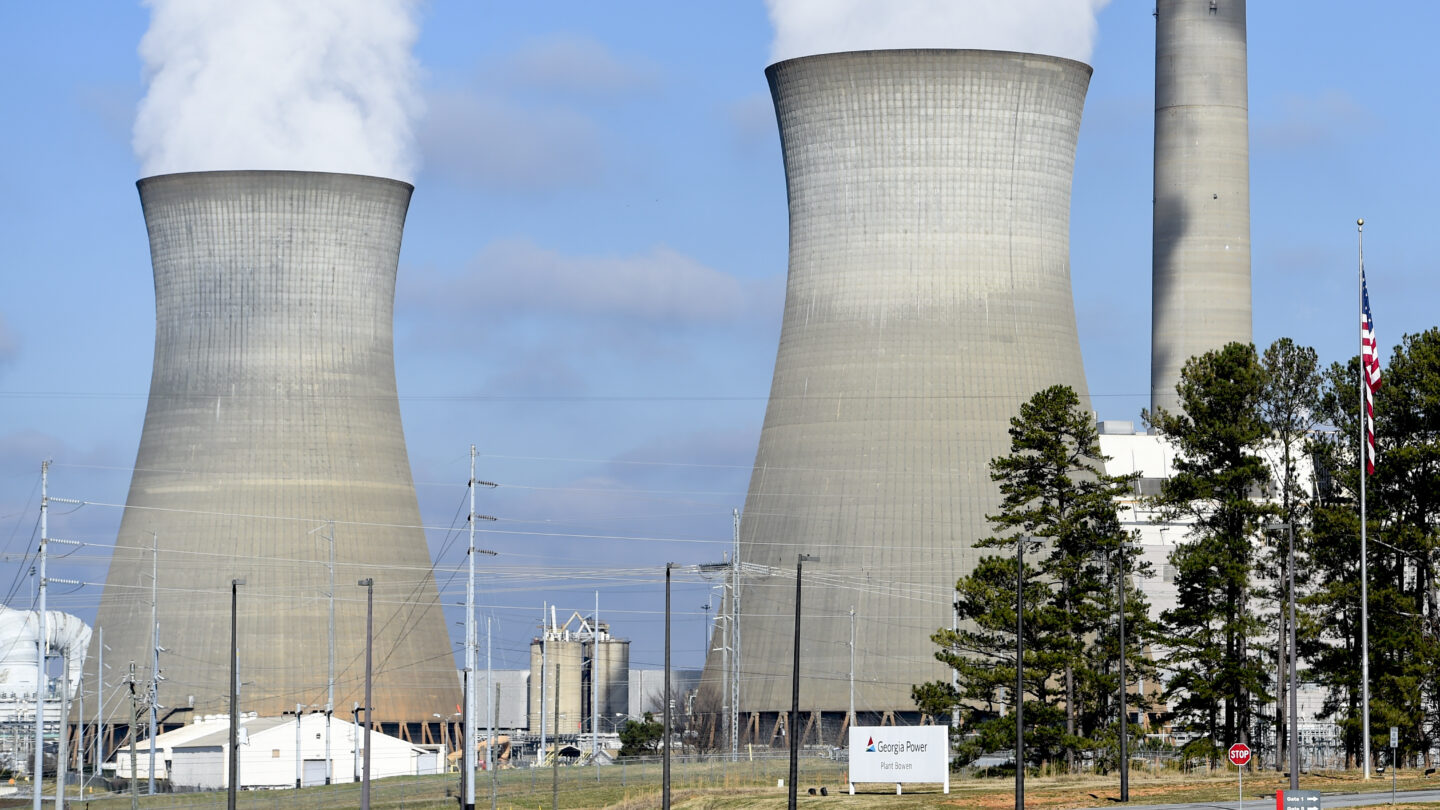Emily Jones
,
Rahul Bali
| WABE
March 7th, 2024
This coverage is made possible through a partnership with WABE and Grist, a nonprofit, independent media organization dedicated to telling stories of climate solutions and a just future.
As candidates qualify for regional, state and federal offices in Georgia, one statewide body remains off the list: the Public Service Commission.
Commissioners set electricity rates for Georgia Power and oversee how that electricity gets made, giving them extraordinary sway over many Georgians’ lives. But for the second consecutive election cycle, none will be on the ballot.
In 2022, a judge’s ruling in a lawsuit claiming racial discrimination under the Voting Rights Act halted two PSC elections. An appeals court reversed that ruling in November. However, Secretary of State Brad Raffensperger said he was still waiting on final orders from the judge before proceeding with an election.
“It’s in his bailiwick,” Raffensperger said. “He’s got to make a decision and once he does, then we’ll know the path forward.”
In the meantime, two of the five public service commissioners, Tim Echols and Fitz Johnson, continue to serve despite not facing election as scheduled in 2022. The term of a third commissioner, Tricia Pridemore, expires at the end of this year.
Since 2022, the commission has voted to add a nearly $16 monthly fee to customers’ bills to cover high natural gas costs and approved a rate hike of just under $9 that will kick in when the last new nuclear reactor at Plant Vogtle comes online.
They’re currently considering Georgia Power’s request to make and buy more electricity to address a spike in new demand; the possible impact of those decisions on customers’ bills is not yet clear.
The five commissioners each represent a district around the state, but they’re elected by voters statewide. The lawsuit brought by voting rights activists argued that this system dilutes the voice of Black voters in Atlanta.
One of the plaintiffs, former Georgia NAACP head James Woodall, said he’s “concerned” about the long pause in PSC elections; one hasn’t been held since a 2020 race that ended in a runoff in early 2021. But he also reiterated the lawsuit’s claim, stating that Black voters have effectively been shut out of PSC elections for far longer.
“Black voters in Georgia, which is why we sued, have not had an ability to elect a candidate of their choice, regardless of their Republican, Democrat, Libertarian or independent, to be able to elect the candidate on that board,” Woodall said.
Since the November appeals court ruling, Woodall and his fellow plaintiffs have said they are exploring their options, but no further appeal has been filed.









